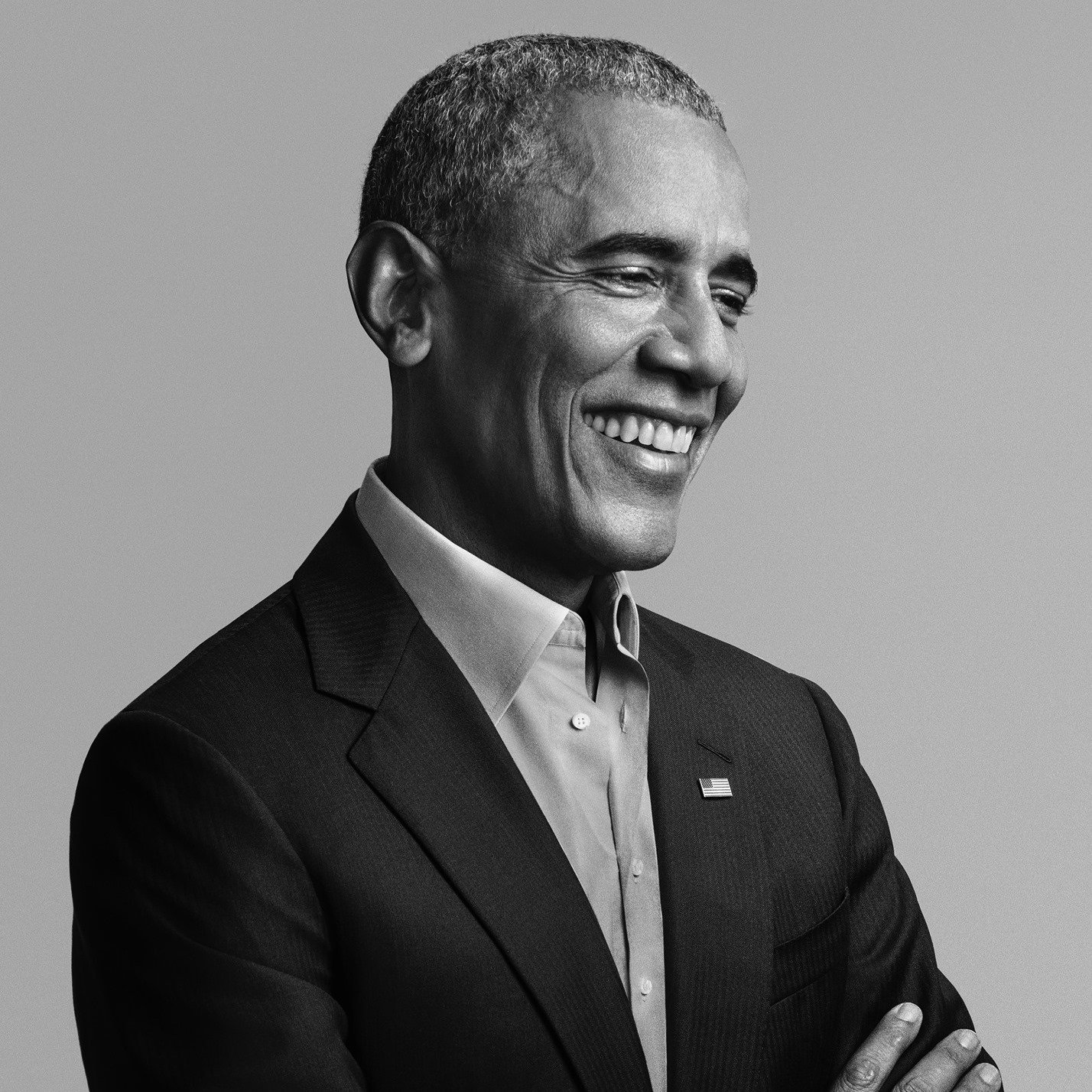By Gina Hill| Alaska Headline Living | October 2025
From coast to coast, the United States is grappling with civic unrest, economic uncertainty, and high-stakes diplomacy, as citizens, markets, and policymakers face a series of interconnected crises.
Millions Take to the Streets in “No Kings” Protests
On October 18, Americans in all 50 states and the District of Columbia joined the nationwide “No Kings” rallies, a grassroots movement opposing what participants describe as an authoritarian drift in the Trump administration. While federal sources have not issued direct statements on the demonstrations, state officials have acknowledged the events: Arizona Governor Katie Hobbs urged participants to exercise their First Amendment rights peacefully (CT Mirror), while Louisiana Attorney General Liz Murrill reminded citizens that protests must remain lawful (WAFB).
Why it matters: The massive turnout reflects deep civic engagement and could influence upcoming elections, shift local political dynamics, and amplify debates over democratic norms. Observers are watching how law enforcement and federal agencies respond, particularly regarding crowd management and civil liberties.
Trade Tensions Between the U.S. and China Deepen
U.S.–China trade relations continue to strain the global economy. The Office of the U.S. Trade Representative (USTR) recently extended certain exclusions from Section 301 tariffs while maintaining other measures to address unfair trade practices (USTR). The White House has also highlighted ongoing reciprocal tariff adjustments aimed at addressing large trade deficits (WhiteHouse.gov).
Why it matters: U.S. businesses and supply chains are vulnerable to retaliatory tariffs and trade disruptions. Markets, investors, and policymakers are closely monitoring these tensions, as escalation could affect inflation, employment, and global economic stability.
Federal Government Shutdown Wreaks Economic Havoc
The U.S. federal government has been shut down since October 1, 2025, following the lapse of appropriations. According to the White House Office of Management and Budget (OMB), each week of shutdown costs the economy roughly $15 billion in lost GDP (WhiteHouse.gov), affecting tens of thousands of federal employees and contractors.
Why it matters: The shutdown delays critical services, disrupts planning, and heightens uncertainty for businesses and markets. Analysts warn that prolonged closure could weaken the economy, dampen consumer confidence, and affect job growth.
Labor Market Shows Signs of Weakening
While official labor statistics are still being compiled, analysts note early signals of softening in job growth and consumer sentiment. Economists caution that if labor markets continue to cool, consumer spending … the backbone of U.S. economic activity … may slow, potentially prompting the Federal Reserve to consider monetary adjustments.
Environmental Concerns: PFAS Contamination at Military Bases
The Department of Defense and the Environmental Protection Agency (EPA) have long acknowledged the widespread contamination of water sources at military installations due to PFAS chemicals in firefighting foam (AFFF). Cleanup efforts are ongoing, and federal agencies are assessing long-term health risks for nearby communities (EPA PFAS).
Why it matters: The issue represents a major public-health and environmental liability, with significant costs for remediation, potential litigation, and impacts on local communities.
Global Shipping Emissions and U.S. Policy
The U.S. has declined to support a proposed global shipping-emissions fee at international maritime regulatory meetings, signaling a cautious approach to global climate regulations. Although no official .gov source confirmed the latest vote, U.S. maritime and environmental authorities continue to engage in negotiations with international partners to balance trade competitiveness and decarbonization goals.
Foreign Policy Flashpoint: Colombia
Recent reports indicate the U.S. conducted military strikes targeting vessels linked to narcotics trafficking near Colombia, amid President Trump’s criticism of Colombian President Gustavo Petro. While official Pentagon or State Department releases on these specific actions are pending, such operations underscore how U.S. foreign policy increasingly intertwines with domestic political considerations.
Looking Ahead
From street protests to trade wars, government shutdowns, and environmental crises, America is navigating multiple simultaneous challenges. Civic energy is high, economic signals are mixed, and policy decisions over the next weeks may have lasting impacts on both domestic stability and international relations.
Sources:
- WhiteHouse.gov – Government Shutdown Impact
- USTR – U.S.–China Trade Actions
- EPA – PFAS Overview
- AP News – “No Kings” Protests
- CT Mirror – Governor Hobbs Statement
- WAFB – AG Murrill Statement




